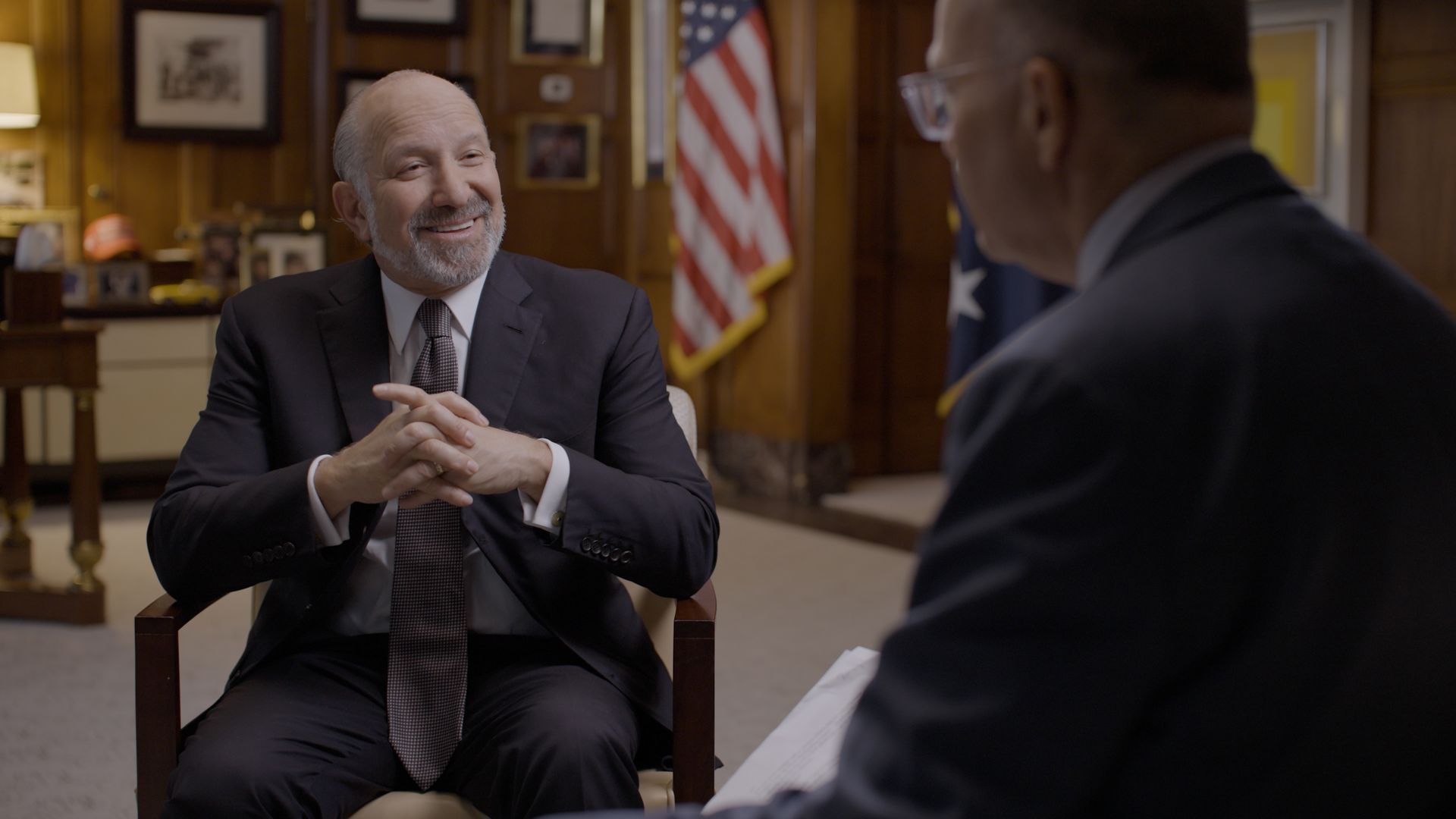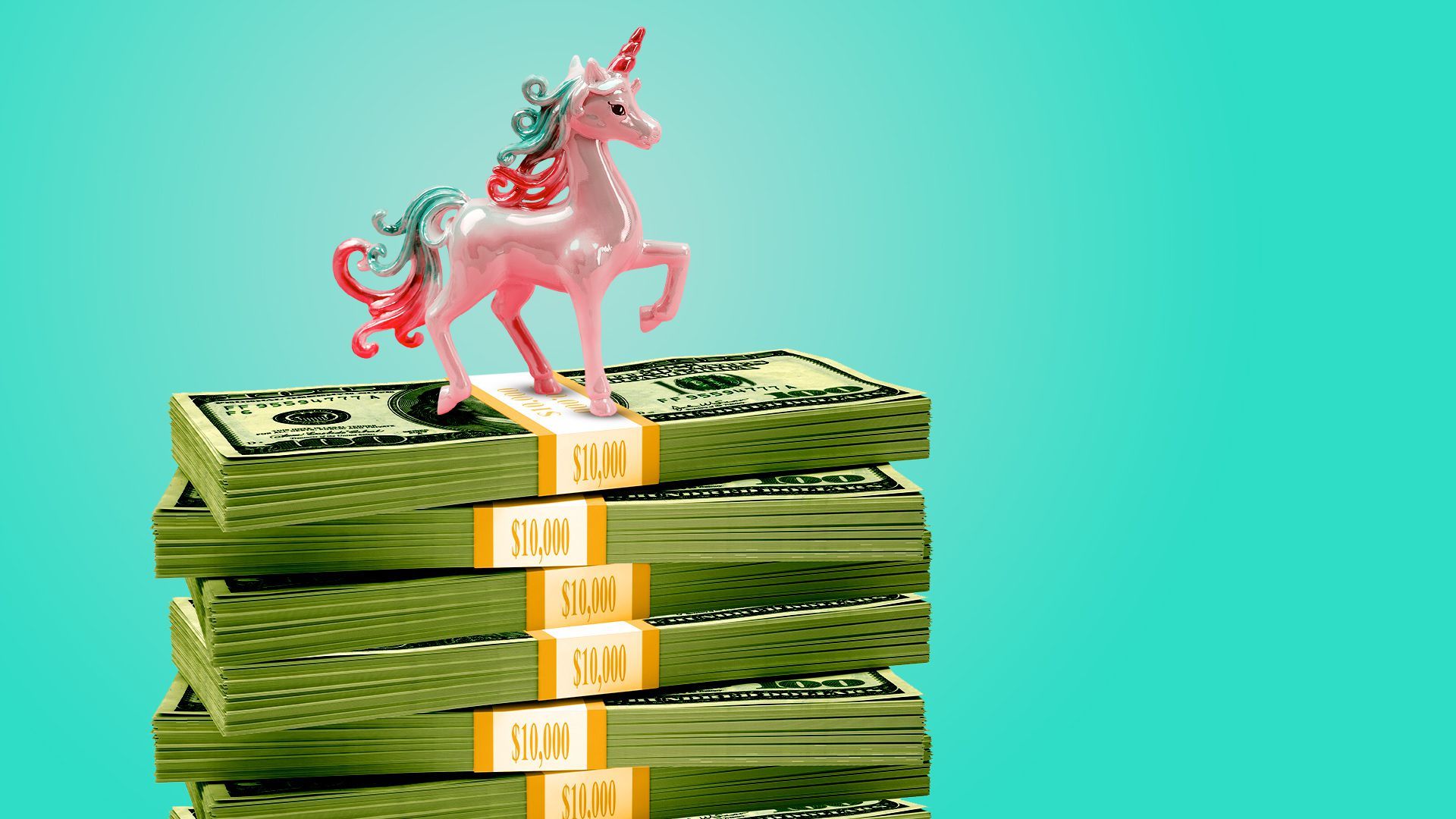|
||
| PRESENTED BY SILICON VALLEY BANK | ||
| Axios Pro Rata | ||
| By Dan Primack · Sep 10, 2025 | ||
| Top of the Morning | ||

|
||
|
Axios' Mike Allen interviews Commerce Secretary Howard Lutnick. Photo: JaMar Jones/FreeThink Media for Axios |
||
|
Howard Lutnick wants the U.S. government to get a cut of university patent revenue, or even commercial revenue derived from those patents, he tells Axios' Mike Allen on tomorrow's premier episode of "The Axios Show." Why it matters: This could disrupt the startup ecosystem, particularly in biotech. What Lutnick said: "I think universities, who are getting all this money. The scientists get the patents, the universities get the patents and the funder of $50 billion, the U.S. government, you know what we get? Zero."
What to know: Lots of VC-backed startups have their roots in government-funded academic research, and sometimes pay universities to license patents.
Zoom in: The Commerce Department isn't clarifying if Lutnick meant that the U.S. government should receive actual equity stakes in startups, or other companies commercializing such patents.
The bottom line: Every White House wants a return on its investments. Usually, however, it's in the form of improving national health or national security — taxpayer dollars benefiting taxpayers.
|
||
|
|
||
| The BFD | ||

|
||
|
Illustration: Aïda Amer/Axios |
||
|
Klarna, a Swedish buy-now-pay-later company, raised $1.37 billion in its IPO that priced above its anticipated range. Why it's the BFD: We're in the midst of what's expected to be the busiest week for U.S. IPOs since 2021, and Klarna is by far the largest offering. By the numbers: Klarna priced 34.3 million shares (85% secondary) at $40 per share, after having set a $35-$37 range. Its initial valuation is around $15.2 billion.
Cap table: The company had raised over $4b from firms like Sequoia Capital, Heartland, Commonwealth Bank of Australia, Silver Lake, GIC, HMI Capital, Mubadala, UBS, Skandia, Atomico, Ant Group, Harvest Growth Capital, and IVP. The bottom line: Klarna began life as a pure-play BNPL, but is seeking to become more of a full-service digital bank. |
||
|
|
||
| Venture Capital Deals | ||
|
• PsiQuantum, a Palo Alto, Calif.-based developer of quantum computers, raised $1b in Series E funding at a $7b valuation. BlackRock, Temasek, and Baillie Gifford led, joined by Macquarie Capital, Ribbit Capital, NVentures, Adage Capital Management, Qatar Investment Authority, Type One Ventures, Counterpoint Global (Morgan Stanley), 1789 Capital, S Ventures and insiders Blackbird, Third Point Ventures, and T. Rowe Price. axios.link/4me2fNo |

